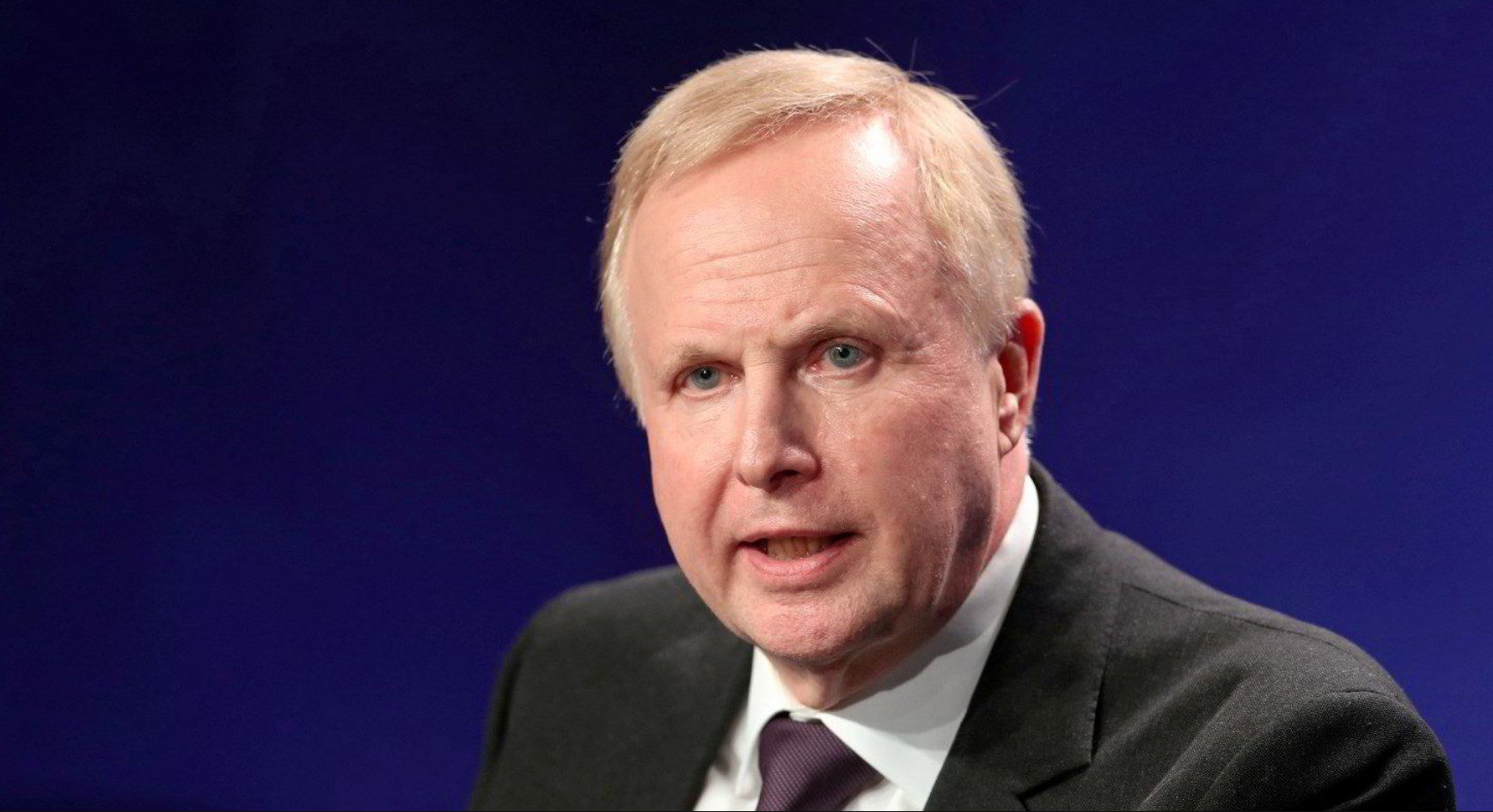Most of the challenges faced by oil and gas producing countries are those that lie above the ground in the form of policy decisions being made by the host nation. One expert says this will be the biggest challenge to Guyana’s success as a new producer, but there is reason for optimism since the government is demonstrating it is on the right path and is working closely with International Oil Companies (IOC) and other stakeholders to ensure a favourable outcome in the emerging petroleum sector.
Bob Dudley, Chairman of the Oil and Gas Climate Initiative (OGCI), an international industry-led body established in 2014, visited Guyana just over a week ago for the International Energy Conference. He said in addition to participating in the conference, another reason he wanted to visit was to see and experience Guyana as it embarks on this journey of rapid controlled development of transformation through oil and gas and how it is building prosperity for its people with cooperation from regional partners and neighbours.
“This prospect of economic growth of a country or region’s transformation through oil and gas always excited me,” Dudley said. “It’s what I did for many years. I always felt a sense of purpose in my job to be part of a rapid and visible change in a country through its industry, change in infrastructure, roads, bridges, schools, hospitals, prosperity in the city or country and seeing happier and more hopeful people, and actually seeing when it works.”
Authorities in Guyana have allocated billions of dollars in the 2022 national budget towards infrastructure development and projects geared towards improving the standard of living and quality of life for the nation of around 750,000 people. This year’s budget is the first to utilize money pulled from the Natural Resource Fund which holds revenue from oil exports and royalties.
Dudley, who is also the former CEO of BP, said as a new oil producing nation, the road ahead will be complex for Guyana.
“If the challenges are tackled in the spirit of win-win partnerships…it will move rapidly,” he said. “I’ve seen transformational growth, projects with the potential of Guyana that have had great success and they have transformed countries.”
He said he has also seen transformations that went very slowly and as a result became uncompetitive for much needed scarce investment capital. In these cases, the much-anticipated prosperity was not delivered.
“Sometimes the risks are what I call, below ground risks. Sometimes it’s the geology of the rocks. Maybe the rocks, where the oil is, may not be as good as first thought. Well rates drop off faster than projected or the size of the accumulation of oil and gas are not as long lived as thought, or underground pressures were not as high to move those fluids.”
He said based on his observations, these below ground risks have been taken into consideration by ExxonMobil and are not barriers to the offshore developments. Exxon is the operator of the Stabroek Block where over 10 billion barrels of oil equivalent have been found since 2015. Oil production got underway in 2019 at Phase 1 of the first development with Phase 2 starting up in February, and multiple projects are set to come online in the coming years.
“Most of the risk to progress in many promising oil and gas countries and regions turned out to be what I call the above ground risks,” Dudley pointed out. “It could be the cost of construction. The investment environment may change. It is not uncommon for the misalignment of goals between a host nation and the operating investors. Frequent changes of terms or regulatory rules… long decision-making processes so that project milestones are missed.”
The Guyana government has prided itself with being pro-development, demonstrating a keen awareness of the pitfalls a sloth in the decision-making process can have on the fledging oil and gas sector. It has said it is also committed to the sanctity of contracts entered with IOCs even while indicating that future deals will have terms that deliver higher returns for the South American country.
“I have actually seen breakdowns and disputes between governments and agencies inside governments that slow transformations down. Sometimes…procurement processes have unintended consequences,” Dudley stated.
He said mandating transparency and tendering is a really good thing but when always selecting the low-cost bidders is the objective, this could present challenges.
“You don’t get the needed quality and I have seen it when government officials are investigated for not selecting the lowest bidder and fear sets in. And then on, you always get the lowest bidder and you get to poor quality most of the time. The good bidders stop participating. I don’t think that’s going to happen here,” he pointed out.
He said in a growth province like Guyana, the government will be besieged by consultants, some with good suggestions while some proposals will sow confusion. “While you evaluate multiple options, it will delay the path forward. And it has slowed down many projects around the world. Again, I don’t sense this here.”
Dudley concluded, “Now as Guyana enters the world stage, doing it as one Guyana, transparently, democratically, what I call a fresh air of values, its sense of history, freedoms and remaining humble, it will serve Guyana well.”



